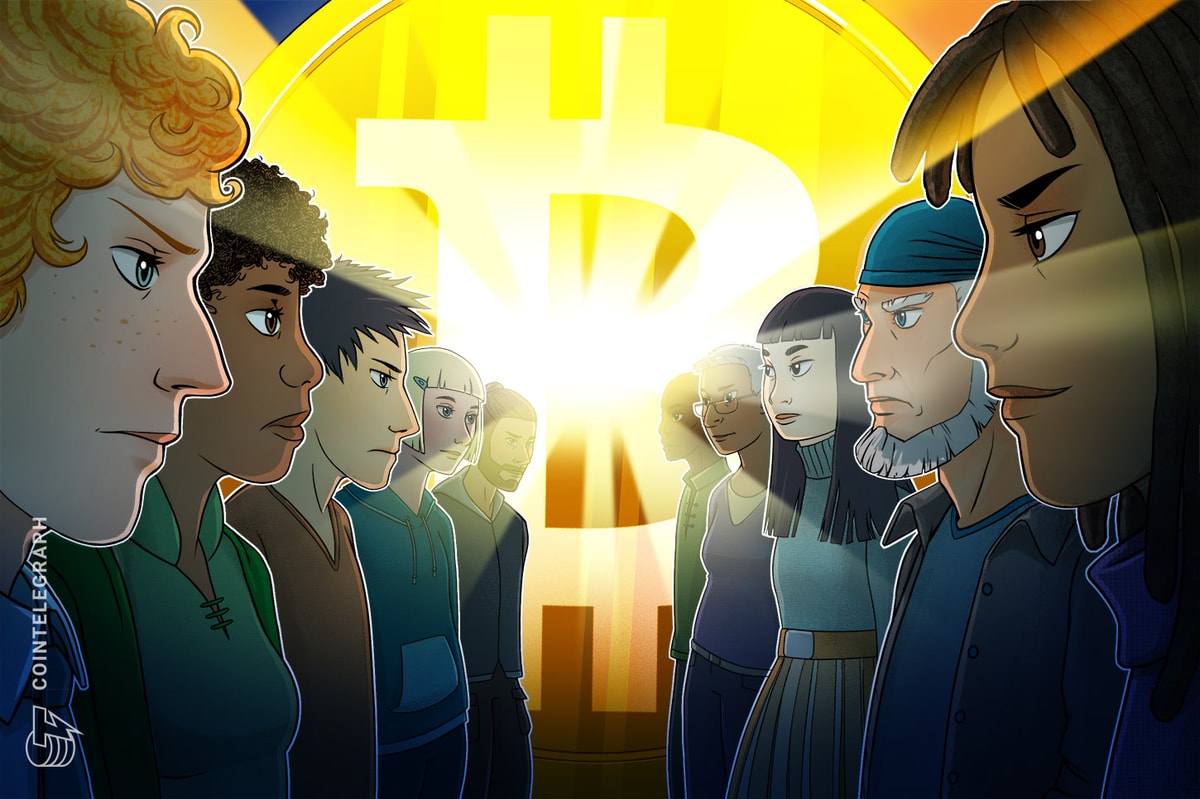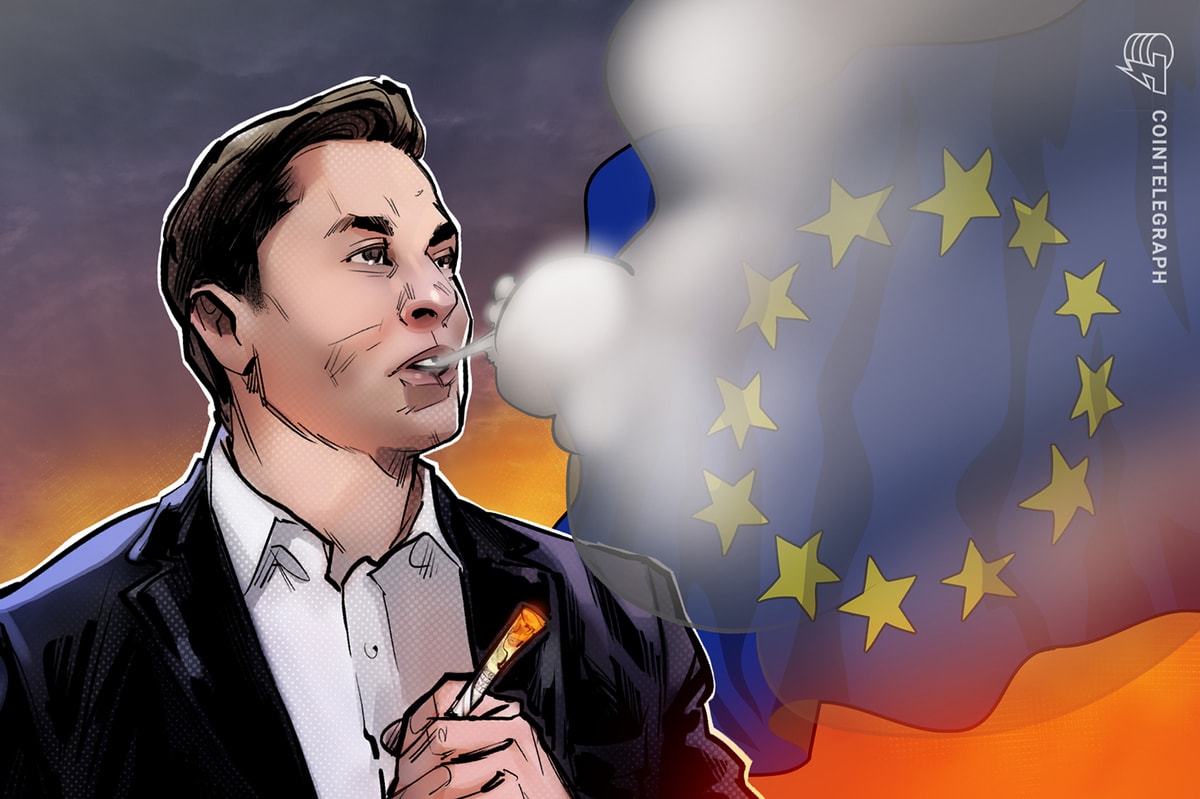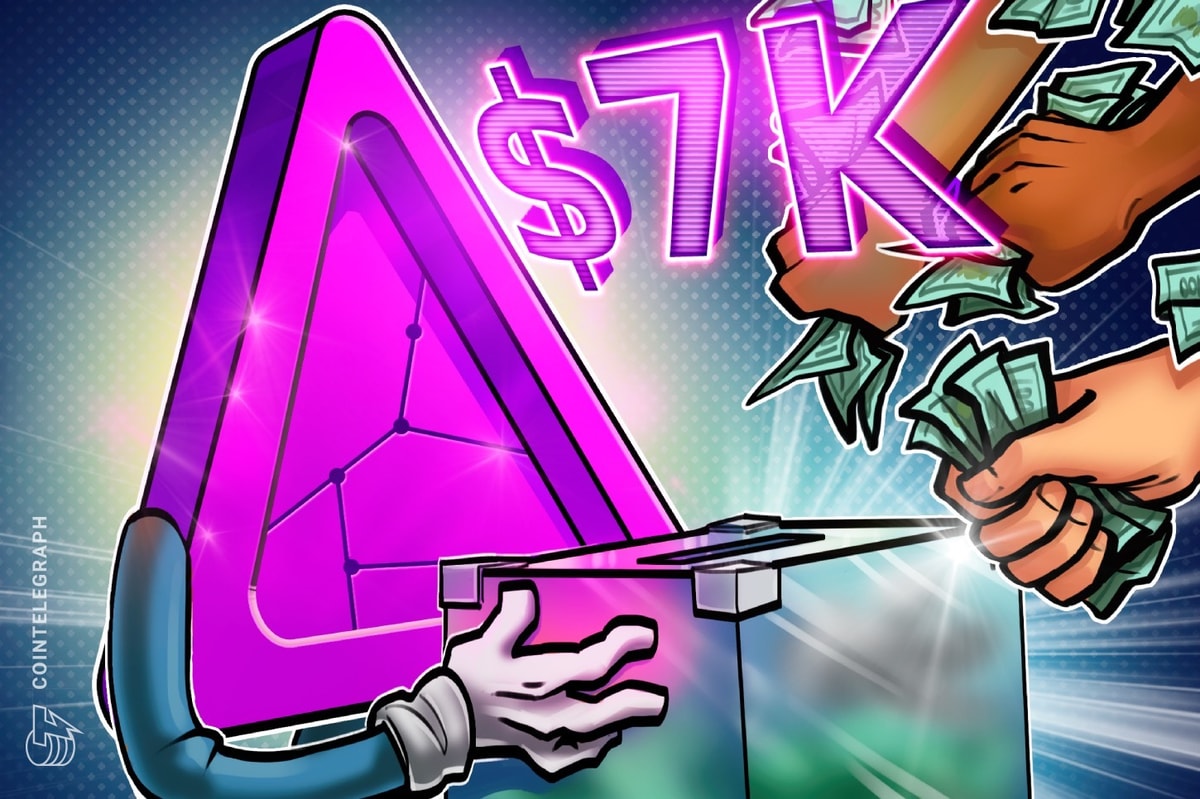
Can cryptocurrencies move beyond mass distributed national “airdrops” and actually help clean the air? They most definitely can. Ven started out as a Facebook app, but grew to be a standalone currency to fix real world problems with the environment. Stan Stalnaker talks about Ven, his social network called Hub Culture, and how he was introduced to DATA.
Ruben Alexander: Please introduce yourself and talk about your experience before being accepted as a DATA board member.
Stan Stalnaker: I am the Founding Director of Hub Culture (2002), one of the first social networks on the web. In 2007, we launched Ven, which has long been at the forefront of the digital currency industry. We established Ven to solve unique challenges faced by our internationally minded online community, and it quickly grew into [a] groundbreaking force of its own – as the first [digital currency] used for consumer retail, in commodity trading, to be asset backed, traded on regulated FX exchanges, and more. Previously, I was at Fortune and Time Warner, where I enjoyed a variety of global adventures.
What inspired you to create Ven? Please talk about when it was released and what you have learned from pioneering this currency.
The idea for Ven came in 2005 in a moment of inspiration – we needed a single currency to manage our inventory and sales within Hub Culture. It took a long time to build the technology, and the lesson has been one of patience and evolution – Ven is constantly evolving and growing as a force and an idea. We have many thoughts about where we can take it in the future, but for the moment we remain cautious and conservative with all aspects of the currency. I think emerging currencies and other digital assets have a huge role to place in human progress, and we want to be sure we are doing things in a proper way, to minimise mistakes and protect the integrity of our efforts. For me personally, my whole view of money has changed, and I understand the big picture of what it is and how it works much better than before. I also have views on the future of money, the evolution of the concept of currency, and how this fits into big data. I think that digital currency will be a fundamental building block of eventual singularity. I think of it like the circulatory system of the web, and it is hugely important we get it right – it is being built now, in front of us, today.
Talk about how Ven’s relationship with carbon futures?
When we diversified the asset-backing of Ven to include a mix of currencies it got us thinking – why not add commodities to make it more stable and linked to hard assets? From there we discovered we could add carbon, and create upward demand for nature as the Ven grows. To me, this is the ethos of Ven, and a main reason it has social value. While diversification as a hedge currency is BORING from a trading/speculative view, its actually very valuable for producers. By including carbon futures, we are able to allocate part of the float reserves into these nature related investments, and over time, they can even potentially create return. Our aim is to help make everything greener, simply by “internalising the externality” of carbon. Currently, carbon is a tax no-one wants to pay for a problem that no-one wants to own. We’re saying ‘here’s a tool that takes carbon and internalises it to the DNA of the currency, and makes it easier for everyone to ‘support nature’. I hope in time we can build more hard investments into nature, even oceans and other aspects that are not easily priced, and support great ecosystem protection from Ven’s success. It’s why I do it.
What is the most interesting use of Ven you’ve seen?
For me, its absolutely machine to machine trading – AI agents and bots. Last summer, we discovered that machines were paying other machines with Ven in the cloud, for automated services, micro-transactions and other activities. I think this is the tip of a huge potential industry and level of wealth creation in our economy, that can create service aspects with great human impact. Imagine some point in the future where your avatars provide automated services for you, and get paid for those services, with a cut flowing back to you personally. This and many other scenarios become possible when you link value exchange to nodes across the social graph – be they people, organisations, or machines.
Can you describe Hub Culture? Why should people try it?
Hub Culture is not your average social network. It has a distinct personality and is very much based around real-world activity. Our Hubs come and go around the world, and we’re constantly creating new moments and ways for our community to interact and engage. It’s filled with amazing people from all walks of life, and there’s a real willingness for people to help each other when they need it. We’ve had amazing adventures with Hub members at our locations around the world – from Vietnam to Los Angeles, Art Basel Miami to our Rio Beach House, and salon dinners in Sydney to 3D fabrication workshops in Beijing. There’s something very familiar about the way we do things that feels from the heart, and that’s my favourite thing about the community.
Talk about a major challenge you’ve experienced that has shaped your views on fostering individual freedom?
I’ve been fortunate enough to travel the world in my work, from Brazil to China to Mozambique to Qatar – and over 40 other countries. Freedoms we take for granted, whether economic, political or financial, are not available to many people in the world. My travels made me a believer in the idea that technologies can have a positive impact on people in these areas, and that it’s our duty to make sure these technologies develop in a way that is inclusive, fair, and destined to make the world better. This is why we built Ven to have environmental links – we thought if we’re going to make a change, we should ensure that we’re working to make a change for the better with real progress. I went to Antarctica in 2005 and that trip made me a realise how connected the world is. And how imperative we protect our natural resources.
What is your favorite country to live in or visit? Why do you enjoy it?
I love many places. Hub Culture is based in Bermuda, which is a great place to do business and a garden paradise in many ways. I love going there to meet with our colleagues, to think, and to work with our many partners who run the financial settlement and Trust components of Ven. I spend a lot of time moving between London, New York and Hong Kong, our other primary bases, but nothing compares to my home state of Arizona in the summer when it rains. There’s nothing quite like an Arizona thunderstorm! I also love Tokyo in the Spring. Ibiza in the summer, Miami in the winter, and Rio always.
Do you have any advice for those who live in a country that is hostile towards cryptocurrency users?
Movements don’t have to be violent, nor pervasive, to be successful. While geo-politics can seem all powerful, and in many ways ring-fence the way we work and live, I would ask everyone to remember a new world is emerging. My personal belief is today’s leaders must set the groundwork for self-sovereignty in the digital world – where human rights and rule of law are both respected for everyone through individual responsibility and empowerment. It’s crucial to all of us and to the futures of those coming after us, and this strategy can be a successful counterweight to potential totalitarianism, made scarier by pervasive technology. To do so, we need good laws that empower people and protect those who can’t protect themselves, while ensuring freedom of expression – including both financial and psychological, not just political. We need to support level playing grounds without discarding standards, and we need to ensure that new tools aren’t used to make things worse in the long run by forgetting the value of social contract and neighbourliness in our rush to build new systems. There’s a global movement afoot to manifest this reality, and as long as we maintain good intention and consciously visualise outcomes, a better world will prevail – even in hostile places.
Who approached you about becoming a DATA board member? What was your initial reaction?
Myself and Constance were active in the earliest days of DATA, which got its breath of life from a discussion we had together in a meeting with the US Treasury. She had been talking with leaders in the Bitcoin community about the need for regulatory approaches, and I was similarly exploring the topic from the point of view of the more traditional currency ecosystem. Building an umbrella for all kinds of emerging technologies and assets in this space felt like the right thing to do, so we began with a series of calls all through the summer of 2013 to build consensus and rally the leaders in the space. We found mutual desire from credible players in the space to work together to solve the challenges inherent in these new technologies.
Can you talk about the purpose of DATA for cryptocurrency users around the world?
Well DATA’s mission is larger than cryptocurrency – but clearly the majority of the audience interested in this subject is active in that space. DATA is working to set standards and best practices for the industry, and actively advocating on behalf of the cryptocurrency community, without prejudice or favour to any particular technology. The goal is an impartial and reasoned view from both insiders and outsiders with a judicious approach toward recommendations. Early in the days of DATA, we adopted core principles that we hope will shape a sustainable and trustworthy organisation as the industry grows. To learn about them, check Wikipedia for Ostrom’s Principles – Elinor Ostrom won the Nobel Prize for her ideas in sustainable organisational psychology shortly before she passed on a few years ago.
Ostrom identified eight “design principles” of stable local common pool resource management:
- Clearly defined boundaries (effective exclusion of external un-entitled parties);
- Rules regarding the appropriation and provision of common resources that are adapted to local conditions;
- Collective-choice arrangements that allow most resource appropriators to participate in the decision-making process;
- Effective monitoring by monitors who are part of or accountable to the appropriators;
- A scale of graduated sanctions for resource appropriators who violate community rules;
- Mechanisms of conflict resolution that are cheap and of easy access;
- Self-determination of the community recognized by higher-level authorities; and
- In the case of larger common-pool resources, organization in the form of multiple layers of nested enterprises, with small local CPRs at the base level.
From http://en.wikipedia.org/wiki/Elinor_Ostrom
This interview is part of a series of interviews of the DATA board members Edan Yago, Patrick Murck, Constance Choi, John Beccia, and Stan Stalnaker.
The DATA annual meeting will be in Washington DC on April 10-11. To find out more, visit DATA’s annual meeting website.










